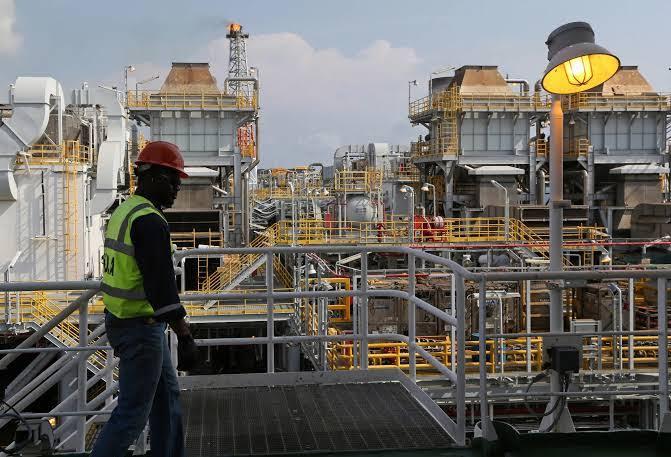Local Firms Drive Growth in Nigeria’s Oil Sector
Nigeria’s oil and gas industry is witnessing a transformation as local companies take the lead in driving growth and innovation. Following divestments by global oil majors, indigenous firms are expanding operations and investing heavily in previously underutilized assets. Notably, Green Energy Limited launched Nigeria’s first locally developed onshore crude terminal, Otakikpo, capable of handling 360,000 barrels per day, potentially unlocking over 40 stranded fields. Conoil Producing Limited has also initiated shipments of a new crude oil blend, while subsidiaries like Oando Trading are actively marketing new supplies. Renaissance Africa Energy plans a $15 billion investment to boost crude and gas production, while Seplat Energy is reopening 400 dormant wells with a $320 million investment to ramp up output. These initiatives are crucial for achieving the government’s goal of increasing oil production by an additional 1 million barrels per day. However, these local firms face significant challenges including security threats, community conflict, oil theft, and ageing infrastructure. Despite this, local producers now contribute over 50% of Nigeria’s oil production, up from 40%, marking a pivotal shift in the country’s energy industry.
Nigeria’s oil and gas industry is witnessing a transformation as local companies take the lead in driving growth and innovation. Following divestments by global oil majors, indigenous firms are expanding operations and investing heavily in previously underutilized assets. Notably, Green Energy Limited launched Nigeria’s first locally developed onshore crude terminal, Otakikpo, capable of handling 360,000 barrels per day, potentially unlocking over 40 stranded fields. Conoil Producing Limited has also initiated shipments of a new crude oil blend, while subsidiaries like Oando Trading are actively marketing new supplies. Renaissance Africa Energy plans a $15 billion investment to boost crude and gas production, while Seplat Energy is reopening 400 dormant wells with a $320 million investment to ramp up output. These initiatives are crucial for achieving the government’s goal of increasing oil production by an additional 1 million barrels per day. However, these local firms face significant challenges including security threats, community conflict, oil theft, and ageing infrastructure. Despite this, local producers now contribute over 50% of Nigeria’s oil production, up from 40%, marking a pivotal shift in the country’s energy industry.
Local Firms Drive Growth in Nigeria’s Oil Sector
Nigeria’s oil and gas industry is witnessing a transformation as local companies take the lead in driving growth and innovation. Following divestments by global oil majors, indigenous firms are expanding operations and investing heavily in previously underutilized assets. Notably, Green Energy Limited launched Nigeria’s first locally developed onshore crude terminal, Otakikpo, capable of handling 360,000 barrels per day, potentially unlocking over 40 stranded fields. Conoil Producing Limited has also initiated shipments of a new crude oil blend, while subsidiaries like Oando Trading are actively marketing new supplies. Renaissance Africa Energy plans a $15 billion investment to boost crude and gas production, while Seplat Energy is reopening 400 dormant wells with a $320 million investment to ramp up output. These initiatives are crucial for achieving the government’s goal of increasing oil production by an additional 1 million barrels per day. However, these local firms face significant challenges including security threats, community conflict, oil theft, and ageing infrastructure. Despite this, local producers now contribute over 50% of Nigeria’s oil production, up from 40%, marking a pivotal shift in the country’s energy industry.
0 Comments
·0 Shares
·549 Views




